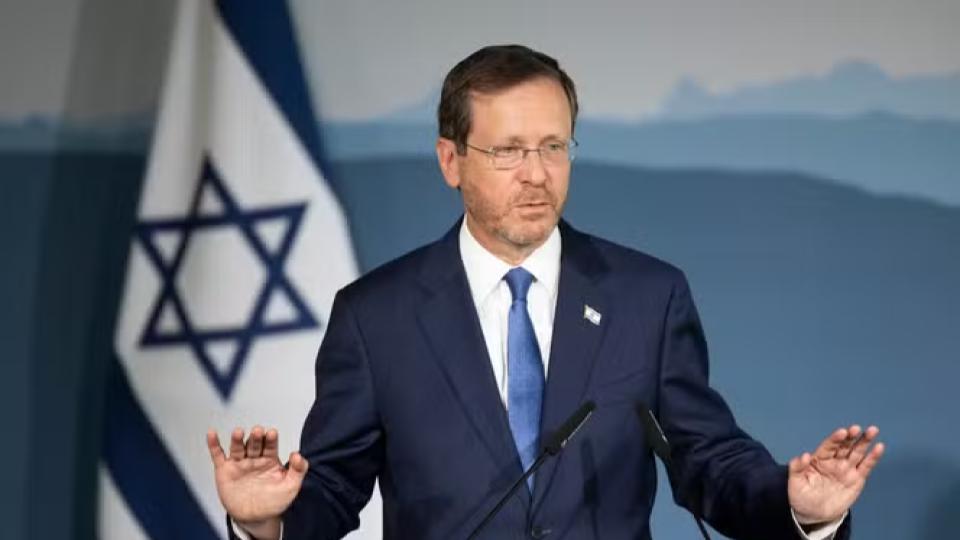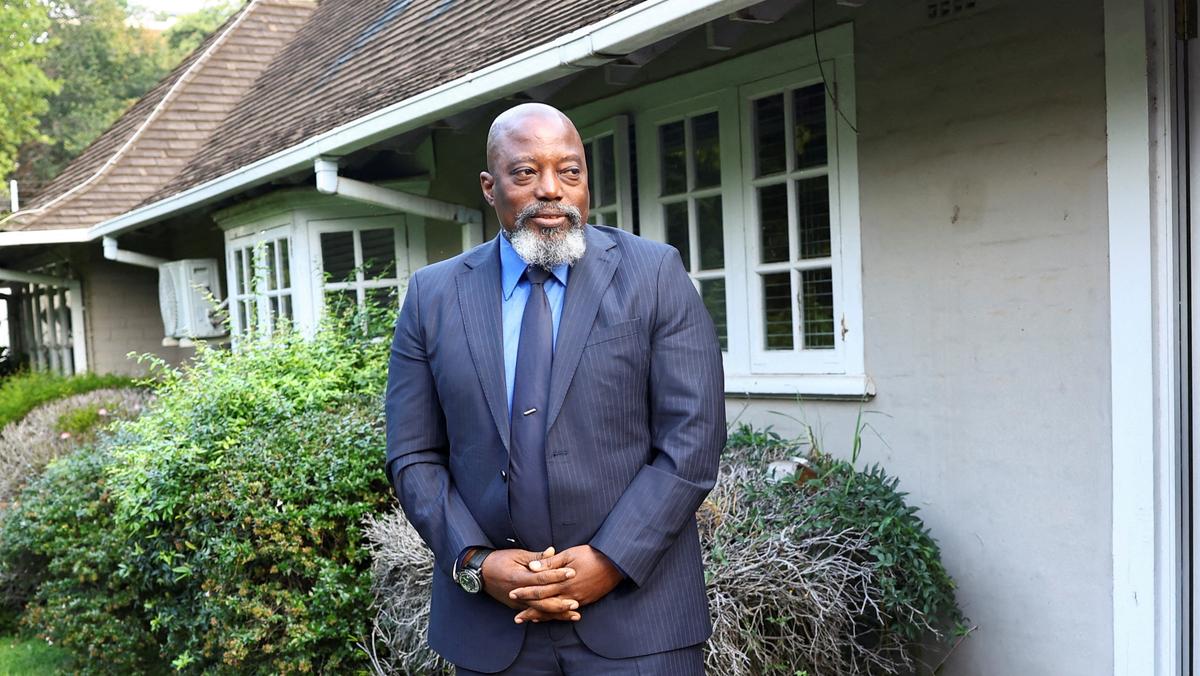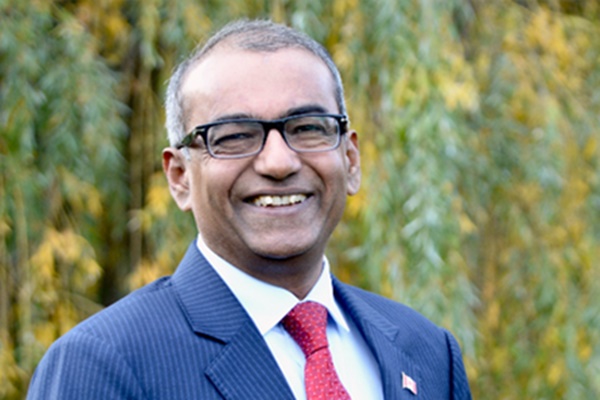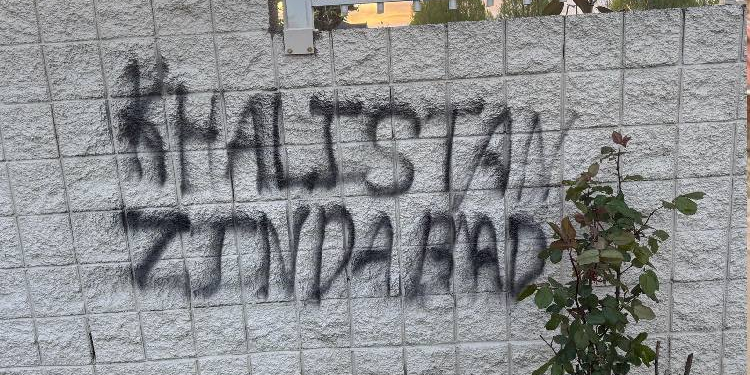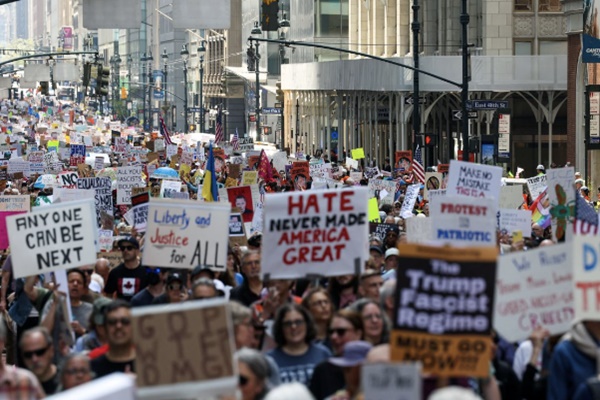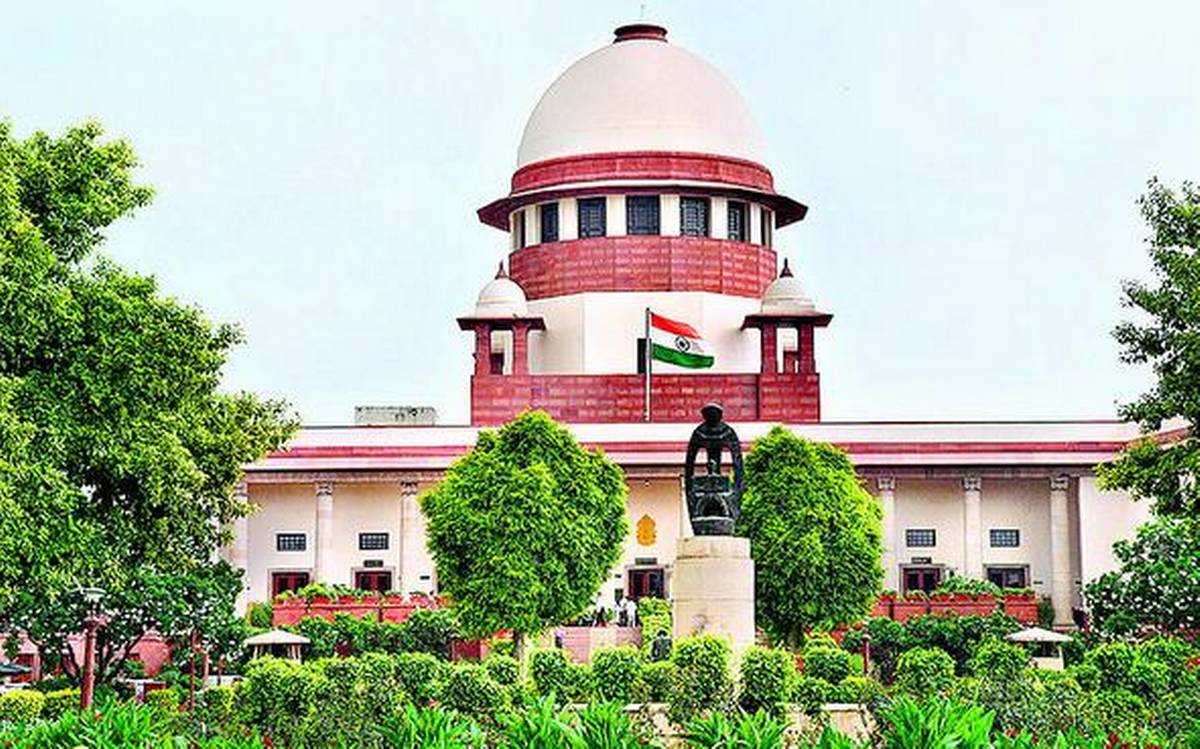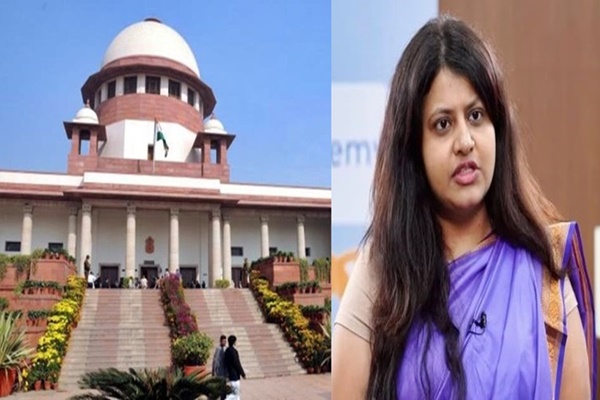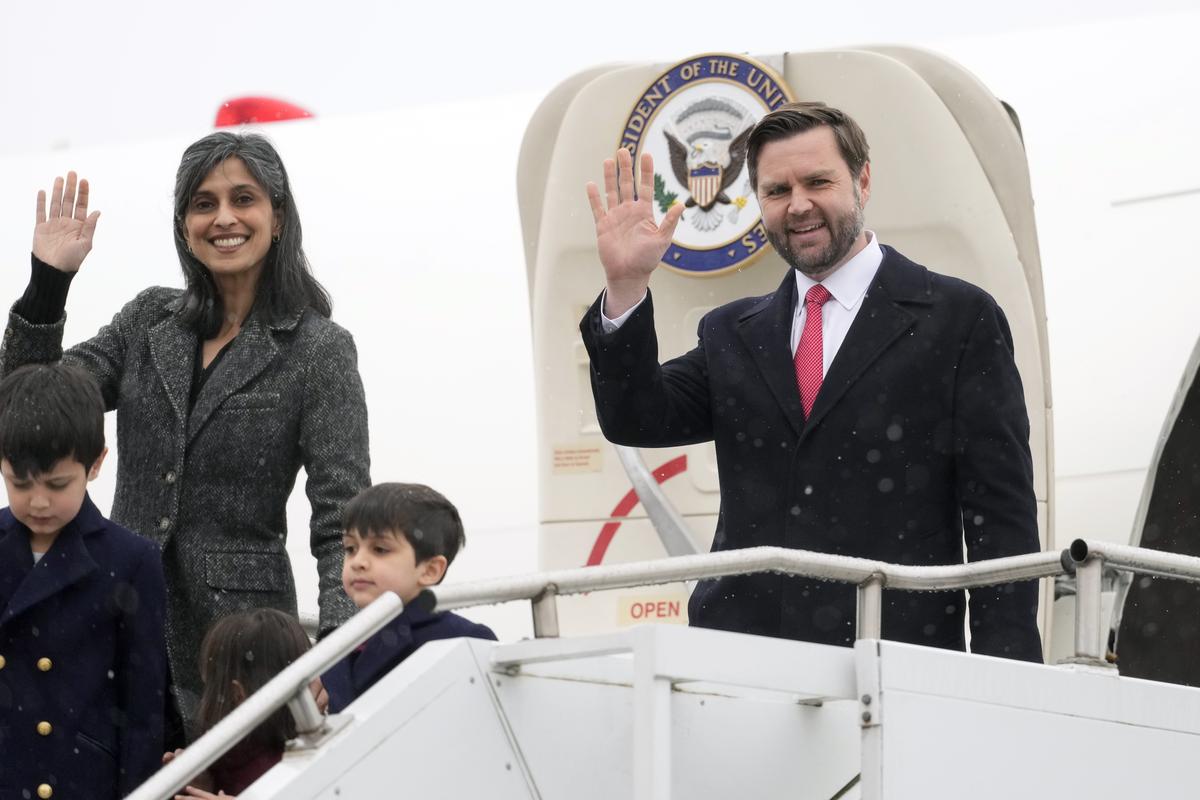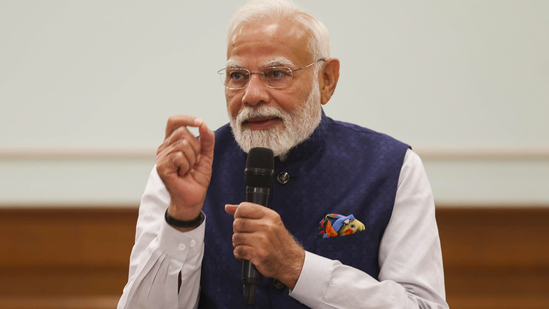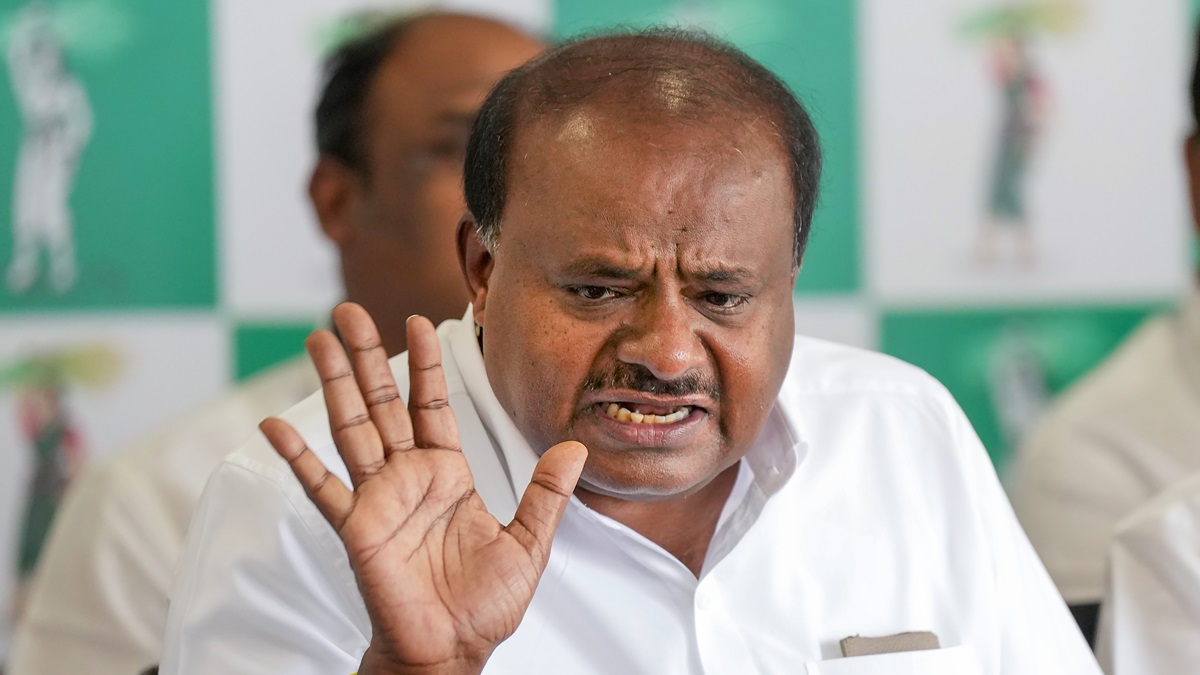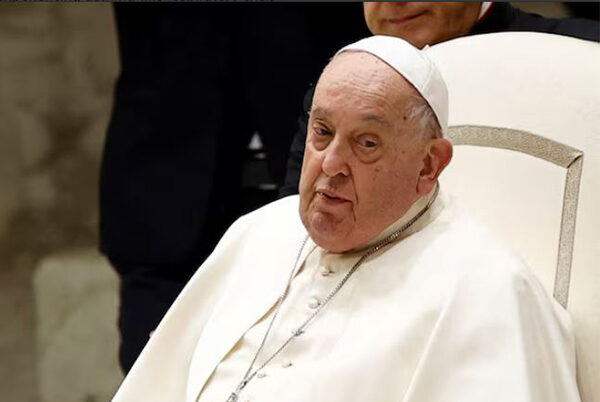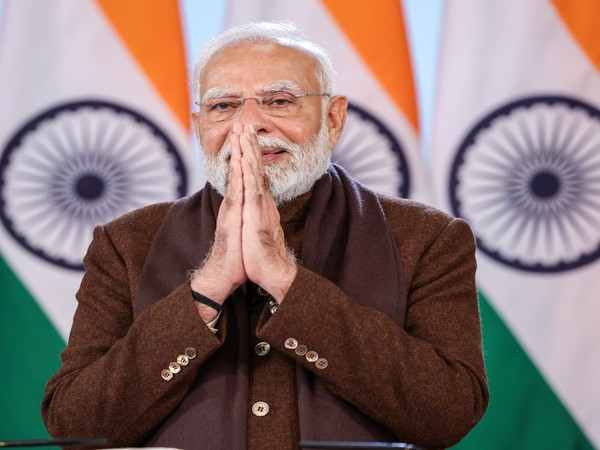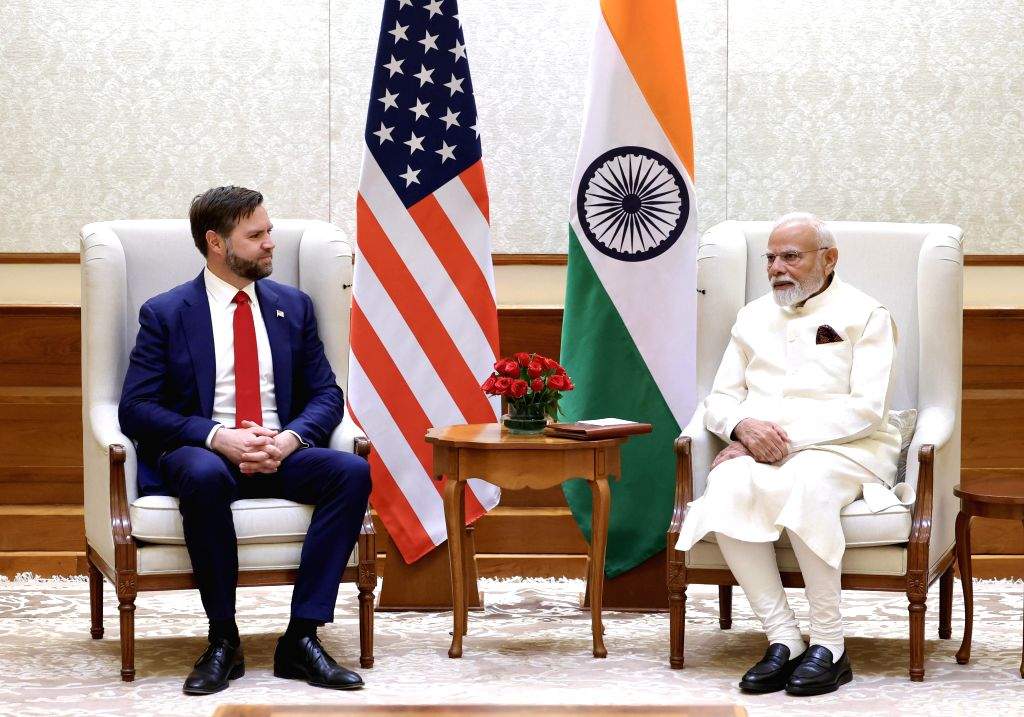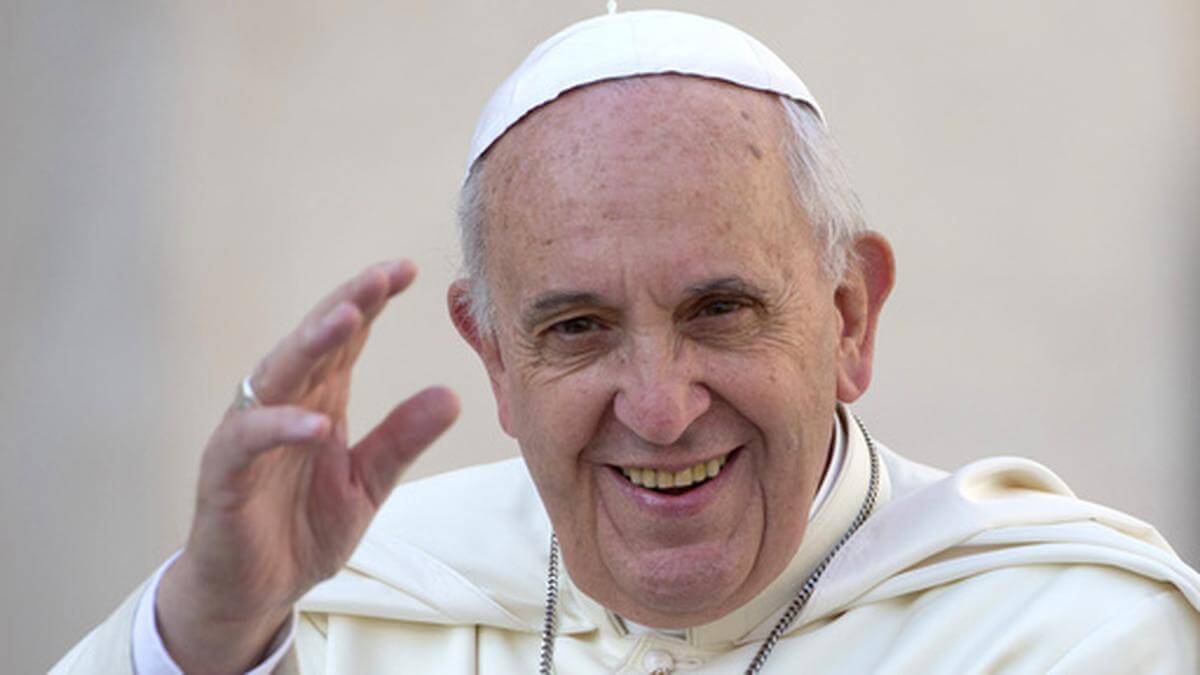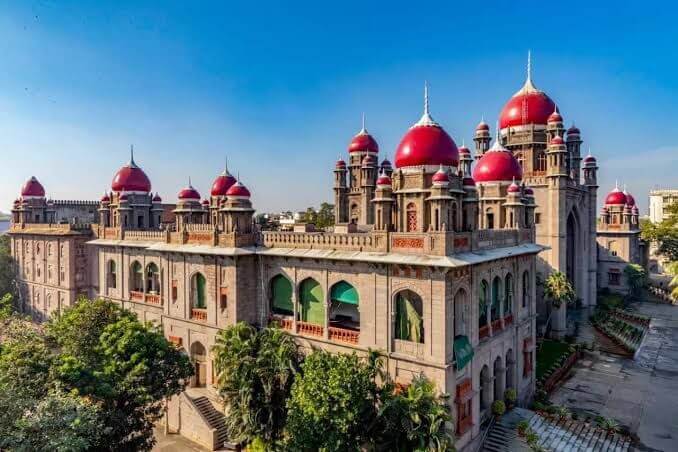Chinese president Xi opens BRICS summit: Ask members to shelve differences
Sun 03 Sep 2017, 19:20:10
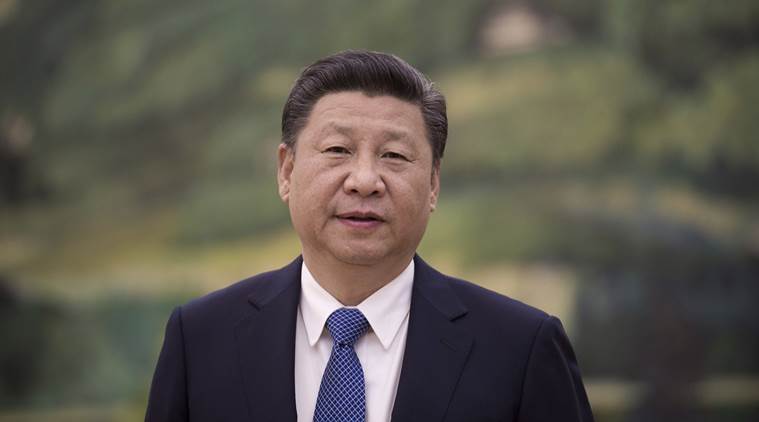
Chinese President Xi Jinping today asked BRICS members to shelve their differences and accommodate each other's concerns by enhancing mutual trust and strategic communication, as he opened the 9th annual summit of the five member emerging economies here.
The opening ceremony of the three-day BRICS summit started with BRICS Business Council in this southeastern Chinese city in Fujian province amid a downpour triggered by typhoon Mawar which had caused widespread disruption to the summit preparations and the city's traffic. The typhoon also caused considerable disruption to the flights.
BRICS - Brazil, Russia, India, China and South Africa - is a grouping of the five emerging economies. The BRICS summit brings together the leaders of these countries.
Prime Minister Narendra Modi, Brazilian President Michel Temer, South African President Jacob Zuma and Russian President Vladimir Putin will attend the summit.
In his speech broadly focusing on enhancing cooperation between the BRICS members, Xi said, "construction of a tall building starts with foundation. We have laid the foundation and put in place the framework for BRICS cooperation."
Outlining BRICS cooperation in the last 10 years, he said treating each other as equals and seeking common ground while shelving differences is important part of cooperation.
"In terms of BRICS cooperation, decisions are made through consultation (and) not by one country. We respect each other's model of development, accommodate each other's concern and work to enhance strategic communication and mutual trust," he told about 1000 delegates from different countries.
"Given difference in national conditions, history and cultures, it is only natural we may have some differences in pursuing our cooperation," he said.
"However with strong faith in cooperation and enhancing collaboration the BRICS countries can achieve steady progress in our cooperation," he added.
The summit comes days after India and China last week ended a 73-day standoff in Dokalam by withdrawing troops from the area. The two sides were locked in a face-off after Indian troops stopped the Chinese People's
Liberation Army from building a road in the area.
Liberation Army from building a road in the area.
In a candid speech without directly referring to differences, Xi referred to his multi-billion dollar Belt and Road Initiative (BRI) in which the China-Pakistan Economic Corridor (CPEC) is a crucial component.
India had protested to CPEC as it passes through Pakistan-Occupied Kashmir. India also boycotted the Belt and Road Forum (BRF) hosted by China in May.
Xi said BRI is not a tool to advance any geopolitical agenda, but a platform for practical cooperation.
It is not a foreign aid scheme, but an initiative for interconnected development which calls for extensive consultation, joint contribution and shared benefits, he said.
"I am convinced that the BRI will serve as a new platform for all countries to achieve win-win cooperation and that it will create new opportunities for implementing the 2030 Agenda for Sustainable Development," he said.
He also said BRICS should promote the "BRICS Plus" approach to build an open and diversified network of development partners.
China has invited Egypt, Kenya, Tajikistan, Mexico and Thailand as guest countries for the Xiamen BRICS summit as special guests like India invited BIMSTEC (Bay of Bengal Initiative for Multi-Sectoral Technical and Economic) leaders for last year's BRICS summit at Goa.
"We should get more emerging market and developing countries involved in our concerted endeavours for cooperation and mutual benefits," he said.
Xi said as a cooperation platform with global influence, BRICS cooperation is more than about five countries.
"BRICS places high premium on cooperation with other emerging market and developing countries and have established effective dialogue mechanisms with them," Xi said.
Xi also said that BRICS cooperation has reached a crucial stage of development.
In assessing the performance of BRICS cooperation, it is important to bear two things in mind -- the historical course of global development and evolving international landscape; the historical process of development of BRICS countries, both individually and collectively, he said.
No Comments For This Post, Be first to write a Comment.
Most viewed from International
Most viewed from World
AIMIM News
Latest Urdu News
Most Viewed
May 26, 2020
Do you think Canada-India relations will improve under New PM Mark Carney?
Latest Videos View All
Like Us
Home
About Us
Advertise With Us
All Polls
Epaper Archives
Privacy Policy
Contact Us
Download Etemaad App
© 2025 Etemaad Daily News, All Rights Reserved.

.jpg)
.jpg)
